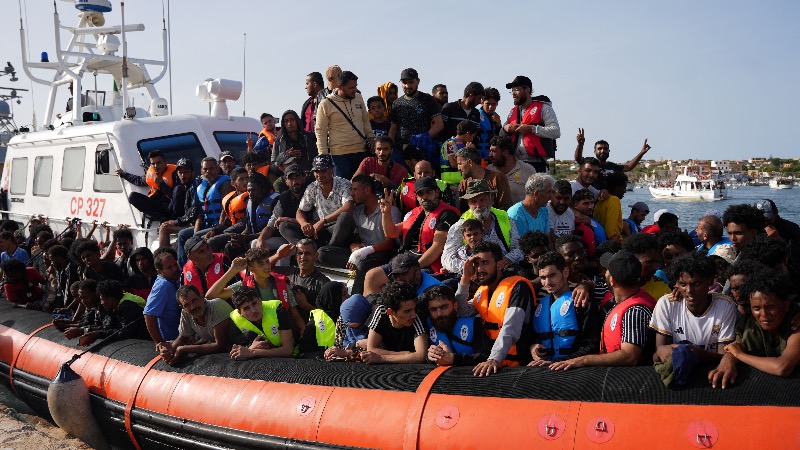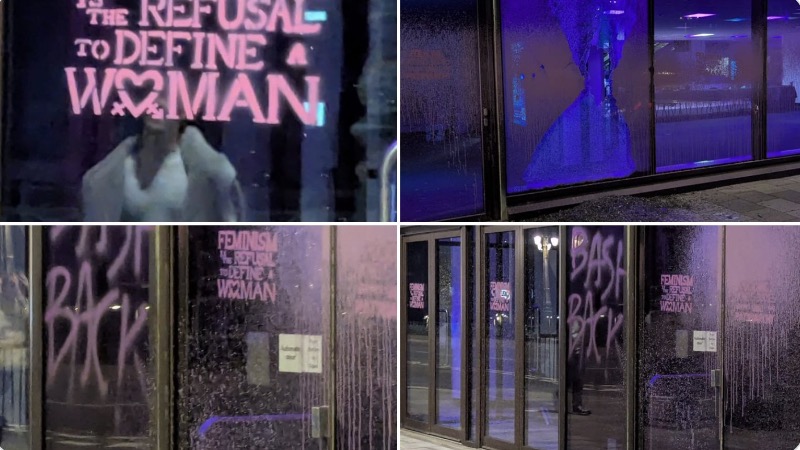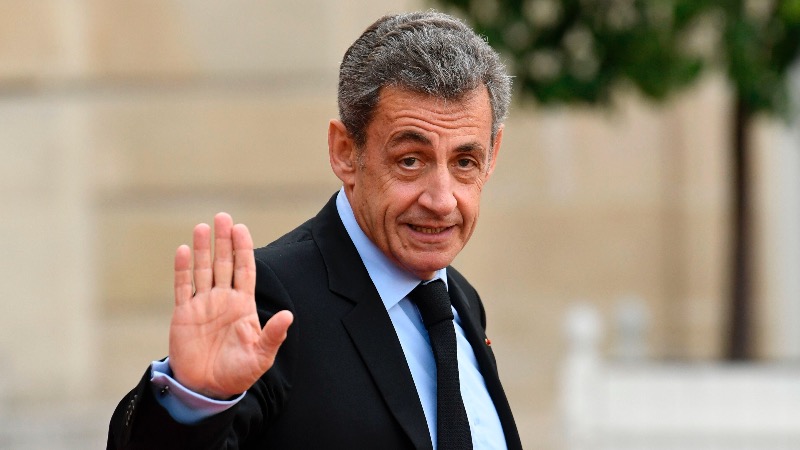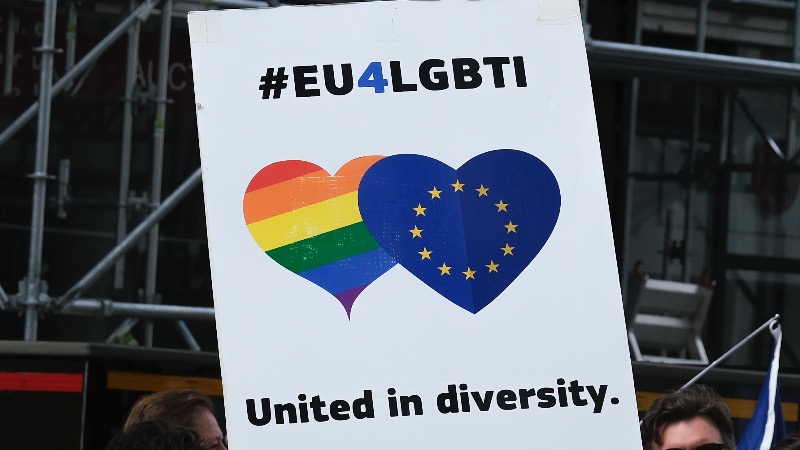 Image Credit: ZAKARIA ABDELKAFI / Contributor / Getty
Image Credit: ZAKARIA ABDELKAFI / Contributor / Getty Faced with growing public fury over uncontrolled migration, Brussels is scrambling to look decisive. Its latest proposal to tighten visa rules for “non-cooperative” countries is being sold as bold reform—but it merely repackages measures already in place.
The announcement comes as polls show growing public discontent over mass immigration and the EU’s inability to control its borders. The European People’s Party (EPP)—the dominant force in the European Parliament, from which Commission president Ursula von der Leyen hails—is trying to give the impression of “doing something” without disturbing the technocratic consensus that rules Brussels.
Among the proposals are the use of drones to monitor migration routes—something EU border agency Frontex has been doing for years—and more frequent reviews of visa exemptions. The Commission will be able to suspend or withdraw these exemptions in “extraordinary circumstances,” a vague formula that allows political manoeuvring without real commitment.
The proposal also mentions the possibility of travel bans for officials from “non-cooperative” countries or the suspension of “non-essential” visas. On paper, it sounds tough, but in practice, there are no binding mechanisms forcing member states to enforce such restrictions.
While tightening visas for some, Brussels simultaneously opens the door to easier entry for “skilled workers” and “tech entrepreneurs,” reinforcing the idea that the EU still views migration as inevitable rather than a challenge requiring control. Maritime and airport borders, meanwhile, remain open gates for illegal migration.
The rhetoric of European leaders follows a familiar formula: acknowledging the problem without addressing it. On Monday, Spanish opposition leader Alberto Núñez Feijóo told Antena 3 that “the response must be sensible and European”—a phrase that neatly sums up the so-called centre-right’s stance: moderate words, no concrete solutions.
Neither the Commission nor EPP-led governments appear willing to tackle the root causes of mass immigration—lax asylum policies, failed readmission agreements, and the loss of border sovereignty. Instead, they rely on communication strategies meant to buy time until the next European elections.
The new plan foresees strengthening Frontex’s role through a new “visa support office” that would train consular staff and deploy additional personnel to overstretched embassies. Yet Frontex’s record on migration control inspires little confidence: plagued by scandals, it has become a symbol of Europe’s impotence.
Creating more bureaucracy will not solve a lack of political will. Europe still lacks a coherent strategy based on border defense and genuine cooperation with countries of origin and transit.
The tightening of visa rules fits into a wider pattern: using migration policy as a tool of diplomacy rather than an issue of security or identity. The Commission admits it wants to “align internal policy with the EU’s external objectives.” In other words, this is about politics, not protection.
BREAKING VIDEO: Trump Announces That He Stopped World War III From Starting In The Middle East!



